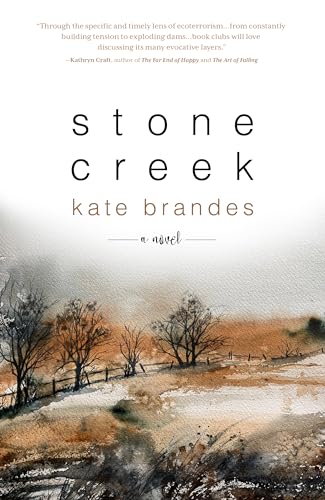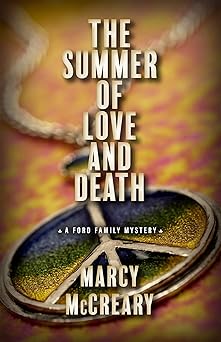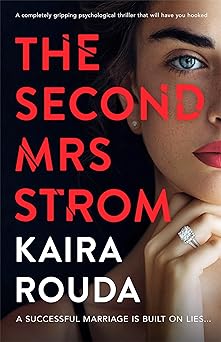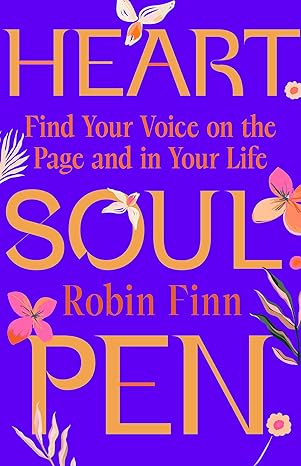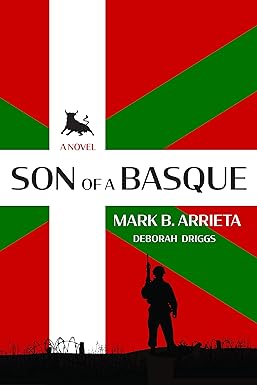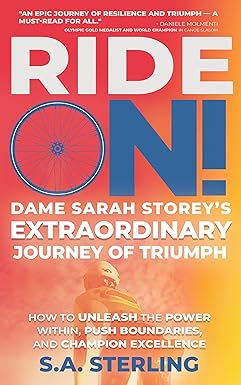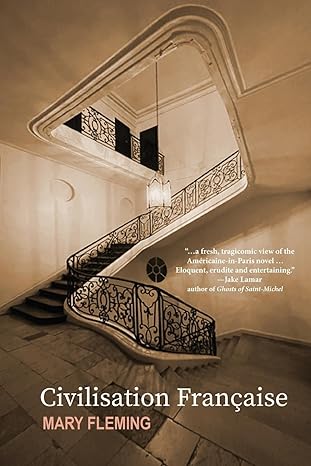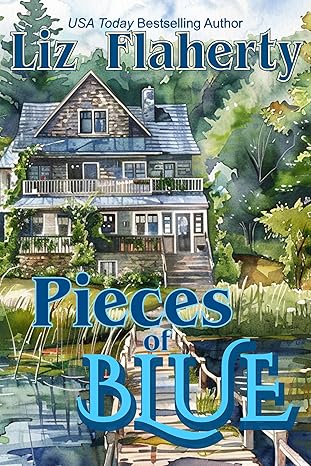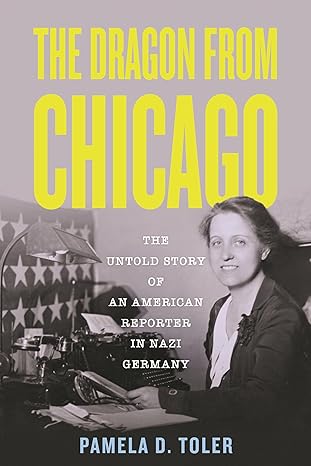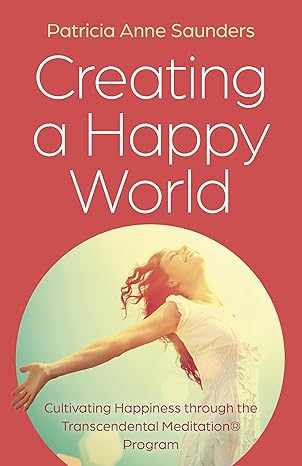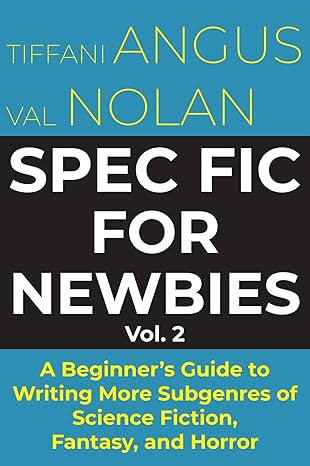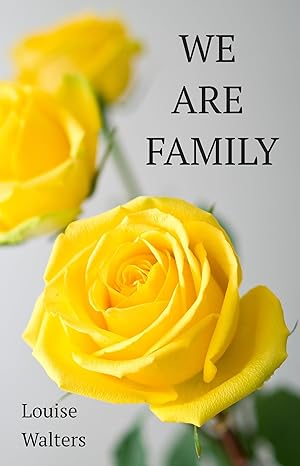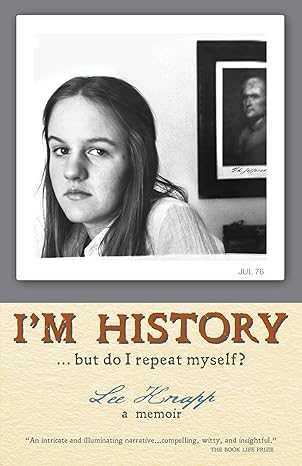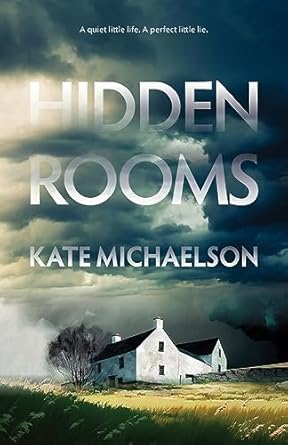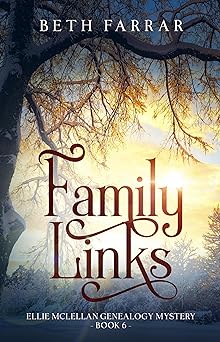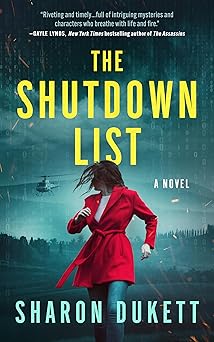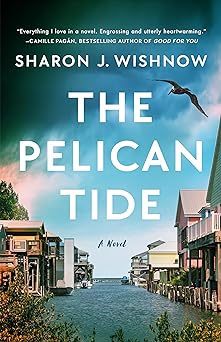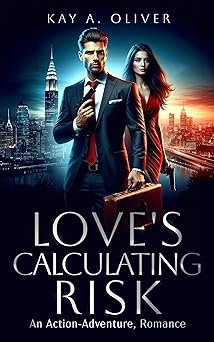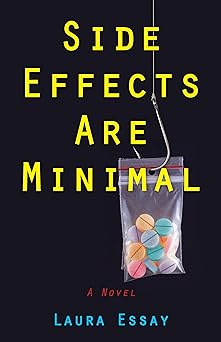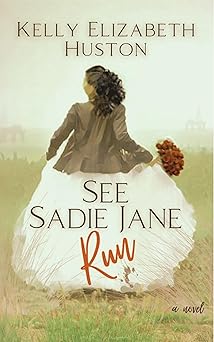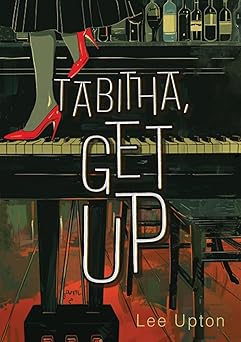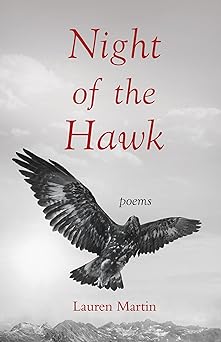Writing for a New Generation – How Inclusive Writing Benefits Everyone
 Every book is a journey. It starts with an initial idea and evolves continuously, as more people are brought into the fold and made a part of the project. For Indie authors this can be a daunting ride, or an invigorating one, depending on their amassed team and proclivity for adventure and risk.
Every book is a journey. It starts with an initial idea and evolves continuously, as more people are brought into the fold and made a part of the project. For Indie authors this can be a daunting ride, or an invigorating one, depending on their amassed team and proclivity for adventure and risk.
The long process of publishing allows the author to do some checks along the way to make sure the project is being reflected as they intended, if it matched their original vision or if the story has started to march along on its own wayward path. For me, this process is the best part. Seeing a book brought to life, birthed by art and made real is exciting.
In the case of Dr. Brainchild & Radar, it took many iterations and design attempts to get the main character right. Creators often have a nagging voice in their head that lets them know when a design element is jiving or not—like the old pre-school game of fitting a triangle block into a square. Well, sometimes you could mash it in there, but is that the kind of story you want to sell and stand behind? For this project the nagging voice was harassing me.
Originally the main character, Dr. Brainchild was a male scientist. I was taking the literal route while writing the storyline, focusing on the brutal 600 word limit and not giving the character much thought. The original he was fashioned after a real American scientist that did discover the microwave, but when he came to life, I paused. We kept re-designing him and each one seemed off to me, but I did not know why at first.
I reasoned that it must be because I was a woman fulfilling the male stereotype of a science researcher, what was I thinking, Dr. Brainchild for all intents and purposes could and should be a female. I had experienced what it was like to be a woman in science and research and thought it was my duty to speak from that space. That seemed better, so I reimagined the story with female pronouns.
Along the journey my team went, when I finally had the epiphany my brain had been urging me toward. Dr. Brainchild is no one and everyone. It started with perusing images of old 1930’s lab attire and I was researching goggles and gloves. We began to exaggerate Dr. Brainchild’s look and then eventually I requested the collar be drawn high, the gloves be oversized and the googles donned with different lenses. This character was leaning more and more to the ambiguous and existing less and less in a binary world of sexually proclaimed binary identity.
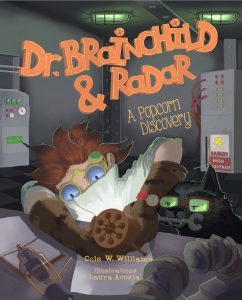 I had a great editor who was on board with re-writing the whole story with gender-neutral pronouns and we created a story that works. Dr. Brainchild is who the reader wants them to be. It is more important that the reader see themselves, whomever they may be, in this character instead of me dictating the voice for them—I feel this needs increased recognition for science and education books and especially for early readers.
I had a great editor who was on board with re-writing the whole story with gender-neutral pronouns and we created a story that works. Dr. Brainchild is who the reader wants them to be. It is more important that the reader see themselves, whomever they may be, in this character instead of me dictating the voice for them—I feel this needs increased recognition for science and education books and especially for early readers.
For this title, we designed a book that uses direct proper nouns or they, them, or their. We did not use other Genderqueer pronoun options in this exciting and evolving modern language. However, co/cos, ze/hir, xe/xem/xyr will not be ruled out for future works and we follow the lead of the genderqueer community for guidance on preferences of language when it comes to educating and sharing stories with our whole community. As authors we have the ability and dare I say responsibility to push the greater we to see the world in ever-evolving and tolerant ways.
—
Cole W. Williams is an arrow-slinging idealist, advocate for critical thinking and curiosity, an all or nothing type of girl, a gold miner for truth. Passionately supporting emerging artists, randomly writing her own words, she stands for water, and for the river, she plants seeds of inspiration wherever she goes as the muse of being exactly who you are.
Find out more about her on her website https://www.colewwilliams.com/
Follow her on Twitter ColeWWilliams
Category: Contemporary Women Writers, On Writing




